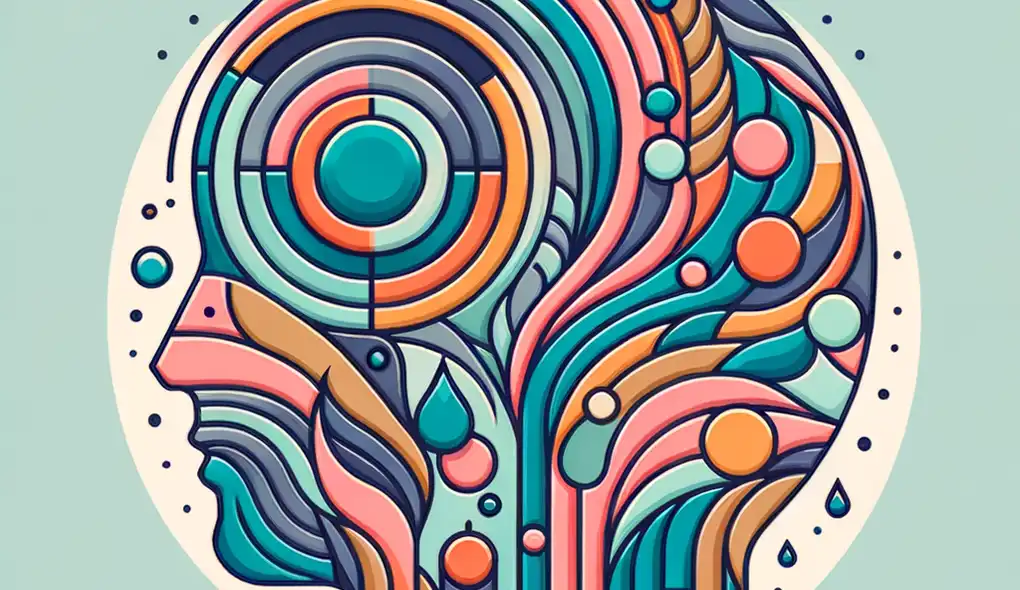Tell us about a time when you faced a conflict or disagreement with a patient or their family. How did you handle it?
Psychiatric Nurse Practitioner Interview Questions
Sample answer to the question
I once faced a conflict with a patient's family when they disagreed with the treatment plan I recommended for the patient. The family believed that their loved one didn't need medication and insisted on alternative therapies. I handled the situation by empathetically listening to their concerns and explaining the rationale behind the treatment plan. I shared information about the benefits of medication and addressed their questions and doubts. We reached a compromise by incorporating some alternative therapies alongside the prescribed medication. This approach helped to build trust and collaboration with the family, leading to better patient outcomes.
A more solid answer
In my role as a Psychiatric Nurse Practitioner, I faced a conflict with a patient's family regarding the use of medication for their loved one's mental health condition. The family was apprehensive about the potential side effects and expressed concerns that their loved one would become dependent on medication. To handle the situation, I first validated their concerns and actively listened to their perspective. I then utilized my deep understanding of psychiatric pharmacology to provide them with comprehensive information about the benefits and potential risks of medication. I also discussed alternative treatment options and therapy modalities that could supplement medication. By explaining the evidence-based approach and involving the family in the decision-making process, I was able to establish trust and collaboration. We agreed on a treatment plan that incorporated medication at a lower dosage, closely monitored the patient's progress, and included therapy sessions to address their concerns holistically. This approach resulted in improved patient outcomes and a positive relationship with the family.
Why this is a more solid answer:
The solid answer provides more specific details about the candidate's clinical skills in psychiatric nursing and their ability to apply evidence-based treatment modalities. It also highlights their compassionate and supportive approach to patient care and their commitment to ethical practice. However, it could still be improved by including information about their documentation and organizational skills in maintaining patient records.
An exceptional answer
During my work as a Psychiatric Nurse Practitioner, I encountered a conflict with a patient's family concerning the treatment plan for their adolescent child with severe anxiety and depression. The family expressed hesitation about the use of medication and wished to explore solely holistic approaches. Recognizing the importance of effective communication, I engaged in active listening to understand their concerns and fears. Drawing on my extensive knowledge of both psychiatric pharmacology and evidence-based therapy modalities, I carefully explained that a combination of medication and therapy would offer the best chance for recovery. I took the time to educate the family about the specific medications, their mechanisms of action, potential side effects, and the importance of proper dosage. Additionally, I reassured them about the benefits of therapy, emphasizing the importance of addressing the underlying causes of the mental health conditions. To accommodate their desire for holistic approaches, I collaborated with the family to incorporate alternative therapies such as mindfulness exercises and dietary modifications. This comprehensive approach ensured a tailored treatment plan aligned with the family's values while also meeting best practice guidelines. By establishing ongoing communication, monitoring the patient's progress, and making adjustments as necessary, we were able to achieve significant improvements in the patient's mental health. This experience reinforced my commitment to compassionate and patient-centered care, while also demonstrating my critical thinking and problem-solving skills in navigating complex family dynamics.
Why this is an exceptional answer:
The exceptional answer provides even more specific details about the candidate's clinical skills, their ability to apply evidence-based treatment modalities, and their critical thinking and problem-solving aptitude. Furthermore, it highlights their compassion, patient-centered care, and their commitment to maintaining a collaborative approach throughout the conflict resolution process. It demonstrates their expertise in medication management and therapy modalities, as well as their ability to address complex family dynamics. It also emphasizes their commitment to continuous communication and monitoring of the patient's progress. This answer thoroughly addresses all the evaluation areas and aligns with the job description.
How to prepare for this question
- Familiarize yourself with different treatment modalities and medication options used in psychiatric nursing.
- Practice active listening and effective communication skills to navigate conflicts and disagreements.
- Stay updated on the latest research and evidence-based practices in psychiatric nursing.
- Develop a deep understanding of psychiatric pharmacology and the potential benefits and risks of different medications.
- Be prepared to explain the rationale behind treatment plans to patients and their families while addressing their concerns and doubts.
- Consider how you would incorporate alternative therapies alongside medication to accommodate patient and family preferences.
- Demonstrate your commitment to ethical practice and maintaining patient confidentiality in your answer.
- Highlight your excellent documentation and organizational skills, emphasizing the importance of maintaining accurate patient records.
- Reflect on past experiences handling conflicts or disagreements with patients or families and identify key lessons learned.
What interviewers are evaluating
- Strong clinical skills in psychiatric and mental health nursing
- Ability to build rapport and effectively communicate with patients
- Knowledge of pharmacology related to psychiatric medications
- Skill in conducting therapy sessions and applying evidence-based treatment modalities
- Critical thinking and problem-solving aptitude
- Compassionate and supportive approach to patient care
- Excellent documentation and organizational skills
- Commitment to ethical practice and maintaining patient confidentiality
Related Interview Questions
More questions for Psychiatric Nurse Practitioner interviews